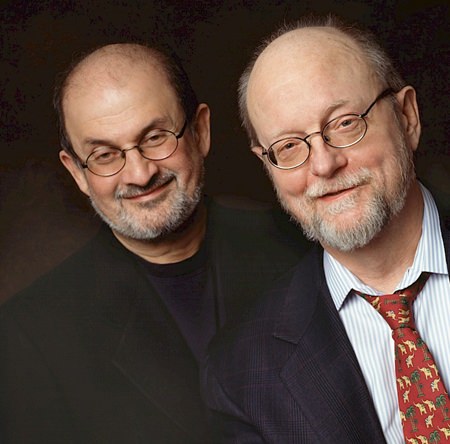
A couple of months ago, one of my friends was raving about a book by Alex Ross, an American music critic who has been on the staff of The New Yorker magazine since 1996 before which time he was music critic for The New York Times. The book is called The Rest Is Noise: Listening to the Twentieth Century. I bought the book a week or two ago and it was instantly downloaded to my secondhand Kindle, a splendid device that I coming to rely on increasingly as time goes by. Incidentally, you may have observed that the book title is a clever twist on Hamlet’s dying words, “the rest is silence”.
Ross is a splendid writer who drives the book along with a tremendous sense of pace. The progress of musical development through the century is seen largely through composers and their music. Ross unearths all sorts of fascinating facts. For example, I already knew that Britten had visited Japan and Indonesia in the 1950s and transcribed gamelan music into notation. However, I hadn’t realised that he was a friend of the Canadian composer Colin McPhee, who acquired a profound knowledge of Balinese music by going to live there. I have since bought McPhee’s beautifully written 1944 book entitled A House in Bali and yes, it’s also for the Kindle.
But now the twentieth century has gone for good. What will the new century bring musically? I suspect that the dissonant and unforgiving “modern” music of the seventies and eighties has probably had its day and we have moved on towards different musical landscapes which tend to be described in music circles as “post modern”. This is vague to say the least but in a sense it has to be. The new century is only seventeen years old and we have no way of knowing which directions music will take. So this week, I invite you to sample a couple of works by living composers whose lives – and whose music -couldn’t be more different.
The composer Arnold Schoenberg famously wrote that “there is still much good music that can be written in C major”. Charles Wuorinen may well dispute that statement for he is known to be somewhat dismissive of composers who still use “old-fashioned” tonality. Nevertheless, with well over two hundred compositions to his name Charles Wuorinen (WOR-rih-nunn) is highly regarded among America’s senior composers. He began writing music at the age of five and during his life has won many awards for his compositions.
This evocatively-titled work is virtually a small piano concerto, derived from Wuorinen’s 2004 opera Haroun and the Sea of Stories. If this sounds vaguely familiar, it comes from Salman Rushdie’s 1990 children’s book of the same name. Kahani is Earth’s undiscovered second moon. The eleven-year-old hero of the story Haroun Khalifa and his companion fly there with the assistance of a mechanical bird. On Kahani they arrive at a vast sea called the Ocean of the Streams of Story, the place from which all stories originate. It’s all magical stuff and to my ears at least, there’s magic in Wuorinen’s music too.
If at first you find the musical language a bit daunting, stay with it and you might find that it becomes more approachable as the work gradually unfolds. Incidentally, Charles Wuorinen’s third opera was based on the short story Brokeback Mountain by the American author and Pulitzer prizewinner Annie Proulx. As you might recall, the story was made into the tremendously successful 2005 movie by Taiwanese film director Ang Lee. Wuorinen’s opera of the same name was premiered in Madrid in 2014.
Pçteris Vasks (b. 1946): Quartet for violin, viola, cello and piano (2001). iPalpiti Soloists
(Duration: 37:35; Video: 480p HD)
The music of Latvian composer Pçteris Vasks is often associated with his country’s struggle for independence. His early music showed the influence of Polish composers Witold Lutoslawski and Krzysztof Penderecki and the American composer George Crumb but in more recent years he has found a more personal voice, rooted in the folk traditions of Latvia which date back over a thousand years. Often his music has a kind of northern gritty earthiness and seems to reflect echoes of a bygone age. Sometimes Vasks makes extensive use of minimalist techniques, but he has never become attached to any particular composing method.
One of his most recent successes was the remarkably beautiful choral piece The Fruit of Silence composed in 2013. This quartet is a powerful work and offers a wonderfully compelling musical experience. Beginning with fragments of melody hovering around D minor the music takes the listener on an eventful and dramatic journey. The music is in six sections which move lead though wildly contrasting musical landscapes, sometimes with relentless pounding rhythms, sometimes with moments of aching lyrical beauty.
 |
 |
 |




